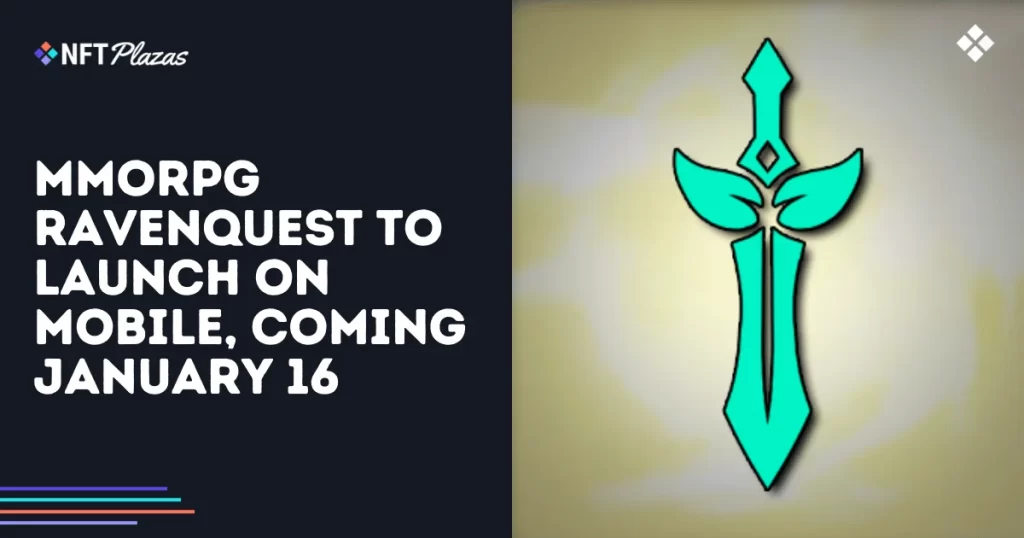Web3 MMORPG RavenQuest will launch a fully functional mobile version on January 16th.
The Android version promises a complete gaming experience for mobile users, including cross-platform gaming features and progress synchronization between devices. This ensures players have access to the same missions, battles and features as the PC version.
The developers optimized the mobile client for smaller screens while retaining core game elements to provide a consistent experience. Pre-launch stress testing is also planned to allow selected players to try out the mobile version early and provide feedback.

 Source: RavenQuest
Source: RavenQuestWhat is RavenQuest?
RavenQuest is a top-down pixel-based MMORPG that builds on the success of Ravendawn, a web2 game with over 200,000 monthly active players, allowing players to perform while exploring detailed environments Quest, fight creatures and level up your character.
This iteration of web3 provides players with ownership of in-game assets through NFT, fusing traditional MMORPG gameplay with modern blockchain technology to create a hybrid experience that meets the needs of both casual and competitive players.
Another key element of RavenQuest is its cross-platform compatibility, allowing players on different platforms to connect and progress together. With the upcoming mobile version, the game is extending its reach to Android users, fully integrating them into the existing ecosystem.

 Source: RavenQuest
Source: RavenQuestWhat can we expect from the mobile version?
The mobile version of RavenQuest will include all the features of the PC version, ensuring players have access to the same game options. These key features include cross-platform support, data synchronization, and optimized interfaces.
A stress test is planned for landowners and Munkowners on January 16 and 17 to provide early access to the action version. Feedback collected during this phase will inform final adjustments before the full release.
Initially only available for Android, the developers say support for other platforms is in the works. Future updates in 2025 are expected to include new tools for players, a decentralized marketplace, and continued performance improvements.

